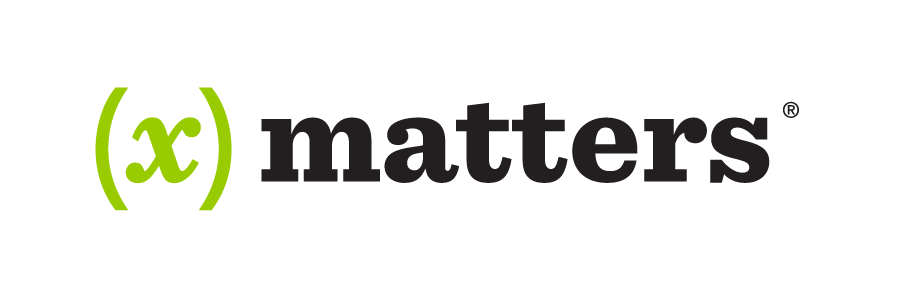
xMatters, a BPM company, announced today the release of its integration platform, which has connectivity technology designed to help enterprises overcome hurdles in DevOps adoption.
Enterprises face challenges in embracing DevOps as a result of the agility of modern systems conflicting with compliance, stability and reliability requirements of legacy systems, said the company. The xMatters Integration Platform connects modern and legacy systems and business processes to change the way development and operations teams work together in a DevOps environment. With this, standard IT service management processes can be managed with DevOps processes.
The platform operationalizes, contextualizes and automates communications within DevOps processes to help collaboration between individuals and teams.
GitLab release aims to be faster
GitLab 8.5 has been released, and with this release comes increased performance and speed with Todos. Todos is a chronological list of to-dos that need input. When an issue or merge request is assigned, a new list item is created automatically.
Also, when a change is made (like replying to a comment or updating an issue), the to-do is automatically set to “Done.” Items can be marked manually as well, according to a GitLab blog post. If there are two or more teams geographically spread out while the GitLab instance is in a single location, “fetching long repositories can take a long time,” according to the blog. With GitLab Geo, there is a secondary GitLab instance that mirrors the main GitLab instance. The Geo instance can be used for cloning and fetching projects, in addition to reading any data.
GitLab is also introducing the alpha of GitLab Geo, which allows a remote replication of an entire GitLab instance. With this release, there is also support for relative URLs in Omnibus installations, which was a contribution received from contributor Artem Sidorkeno.
Microsoft announces TypeScript 1.8
Version 1.8 of Microsoft’s typed superset of JavaScript is now available. TypeScript 1.8 features full support for module augmentation, a stronger type system with string literal types, and the ability to catch more bugs.
With modular augmentation, developers are able to design more modular libraries and distribute them piecemeal. In addition, the programming language’s new smarter control flow analysis makes it easier for developers to control flow analysis and catch bugs at compile time.
More information is available here.
Xamarin launches SkiaSharp
Xamarin wants to make it easier for .NET developers to implement 2D graphics across their mobile, desktop and server solutions. SkiaSharp is a cross-platform, high-performance C# API for 2D graphics powered by Google’s Skia library.
SkiaSharp ships as a NuGet package, and it supports Mac OS X, Android and iOS with Mono, and Windows desktop with .NET.
“SkiaSharp is a work in progress that we’re sharing with our community,” wrote Miguel de Icaza, CTO and cofounder of Xamarin, in a blog post. “While we have bound important parts of the Skia API, much work remains to be done. We’re using the stable C API surfaced by Skia, and our plan is to continue contributing our work to the C bindings of Skia to provide full coverage to the APIs.”





